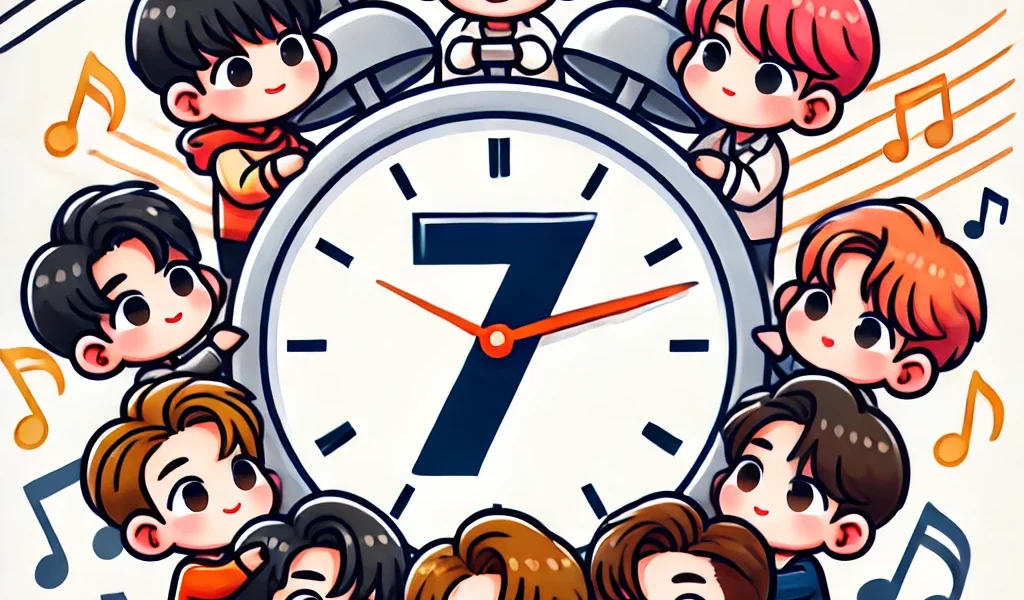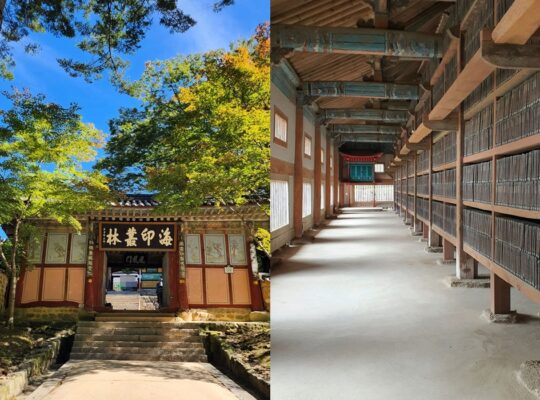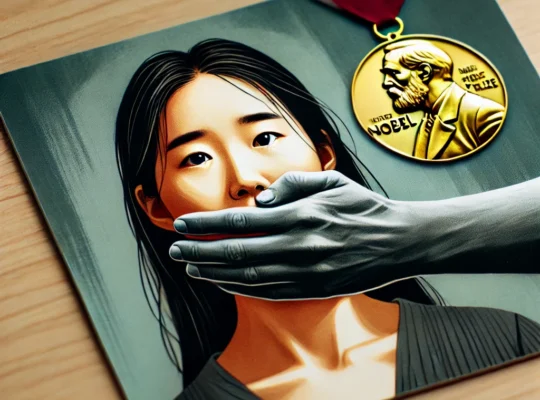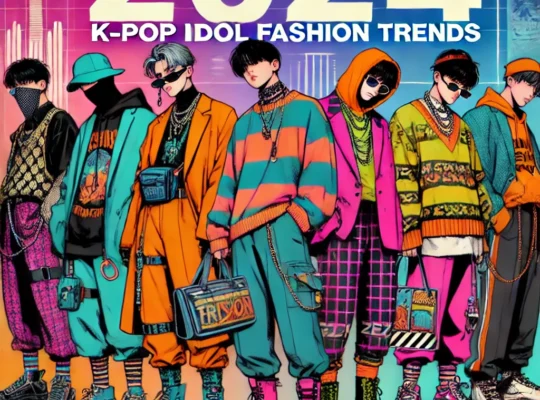Introduction:
K-Pop is known for its vibrant and dynamic music scene, but there’s one phenomenon that seems to haunt almost every idol group – the infamous “7-Year Curse.” This term refers to the tendency for K-Pop groups to disband or experience significant member changes around their seventh year of activity. But why does this mysterious curse exist, and what factors contribute to it? In this blog post, we’ll explore the reasons behind the 7-year jinx that so many idol groups face, delving into contract details, industry pressures, and the evolving dreams of idols themselves.
What Is the ‘7-Year Curse’?
The “7-Year Curse” is a widely recognized term in the K-Pop industry, referring to the fact that many idol groups disband or undergo major lineup changes in their seventh year. The curse has affected some of the biggest names in the industry, leading fans to anxiously anticipate this milestone for their favorite groups. But is it really a curse, or is there something deeper behind this trend?
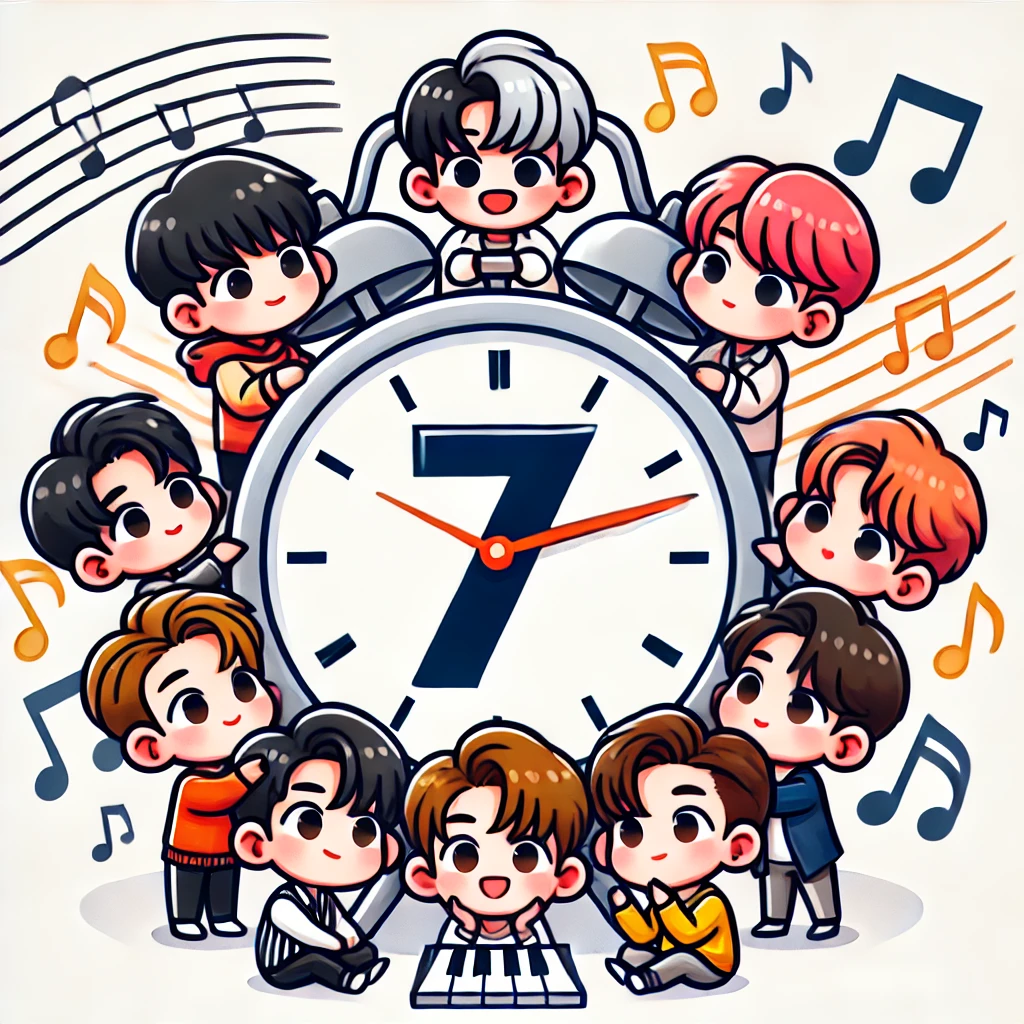
The Legal Basis: Standard 7-Year Contracts
The most straightforward explanation for the 7-year jinx lies in the legal structure of idol contracts. The Fair Trade Commission (FTC) of South Korea implemented a guideline that limits the maximum length of entertainment contracts to seven years. This was introduced to protect artists from excessively long and unfair agreements. As a result, most K-Pop groups sign contracts that last exactly seven years when they debut.
When this contract period ends, both the agency and the artists must decide whether to renew the agreement. For many groups, this is a turning point, as members may choose to pursue solo careers, focus on personal interests, or even leave the entertainment industry altogether. The end of this contractual period is a critical moment that often leads to changes or even disbandment.
Industry Pressures and Intense Competition
K-Pop idols face immense pressure from the moment they debut. The industry is highly competitive, with numerous groups debuting each year. This constant pressure to stay relevant and maintain popularity can lead to burnout and exhaustion, especially as idols juggle intense schedules filled with rehearsals, performances, and promotions.
By the time they reach their seventh year, many idols feel the weight of this non-stop lifestyle, which can contribute to decisions to leave their group or take a break. This fatigue, combined with the desire for personal growth, can make the prospect of renewing a contract less appealing.
Changing Dreams and Personal Aspirations
When idols first debut, they are often very young, with many starting their careers in their teens. Over the years, their personal goals and aspirations may change. Some may discover a passion for acting, modeling, or even want to pursue education or a career outside of the entertainment industry. By the seventh year, members may feel they’ve outgrown the group dynamic and wish to explore different paths.
This natural evolution of personal dreams and goals is another reason why so many idols decide not to renew their contracts or choose to focus on solo activities, leading to changes within the group.
Financial Considerations: Unequal Profit Distribution
Another factor that contributes to the 7-year jinx is the financial aspect of being a K-Pop idol. Despite their hard work and dedication, many idols earn relatively little during the early years of their career due to the need to pay back training costs, promotional expenses, and other fees deducted by their agency. This financial struggle can last for years, especially if the group is not immediately successful.
By the time the seven-year mark approaches, idols have often established themselves and gained enough popularity to renegotiate their contracts. However, if they feel that the financial terms offered by their agency are still unfavorable, they may choose to leave the group in search of better opportunities.
Group Dynamics and Internal Conflicts
The longer a group stays together, the more likely it is that internal conflicts or disagreements may arise. Differences in opinions, clashing personalities, or disputes over the group’s direction can cause tension among members. While these issues can be managed in the early years, they often become more challenging as time goes on.
The seventh year often acts as a “make or break” period, where unresolved conflicts can lead to members leaving the group or the group disbanding altogether.
Historical Examples of the 7-Year Curse
The 7-year jinx is not just a myth; there are numerous examples of K-Pop groups that have experienced its effects:
- 4Minute: The popular girl group disbanded in 2016 after seven years, with only one member renewing her contract with the agency.
- Miss A: This JYP Entertainment girl group officially disbanded in 2017, seven years after their debut.
- INFINITE: While not officially disbanded, this boy group experienced major member changes and contract expirations around their seventh year.
These cases highlight how the 7-year mark can be a turning point for even the most successful idol groups.
How Some Groups Break the 7-Year Curse
While the 7-year jinx is a common trend, some groups have managed to break free from it and continue thriving. Groups like Shinhwa, Girls’ Generation, and BTS have maintained their popularity well beyond the seven-year mark. Their secret often lies in strong group dynamics, a supportive agency, and the ability to adapt to changing trends and challenges.
By fostering open communication, respecting each member’s individual ambitions, and maintaining a solid fan base, these groups have defied the odds and remained active despite the curse.
The Role of Fan Support
One of the most critical factors that help idol groups survive beyond the seven-year mark is the unwavering support of their fans. Dedicated fanbases, often called “fandoms,” can play a significant role in encouraging members to stay together, purchase albums, attend concerts, and support solo activities. This strong fan support provides idols with the motivation and financial stability to continue their careers, even when facing the challenges of the 7-year curse.
Conclusion: Is the 7-Year Curse Really a Curse?
The 7-year jinx isn’t necessarily a curse but rather a reflection of the natural evolution of an idol’s career. It marks a time when idols reevaluate their paths, personal goals, and the direction of their group. While the end of a contract can be a challenging period, it also opens the door for new opportunities, both for the idols and the fans who support them. Understanding the reasons behind the 7-year curse allows us to appreciate the journey K-Pop idols take and the dedication they pour into their craft.

